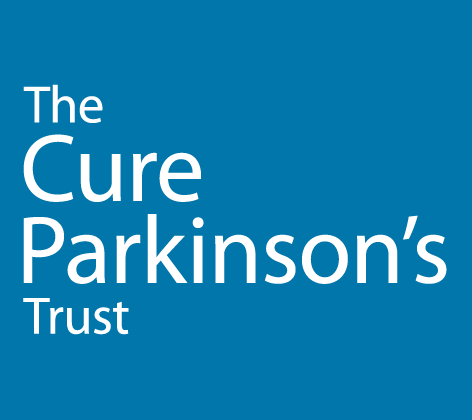Exosome research reveals new potential biomarker
Original article: Jiang, C., Hopfner, F., Katsikoudi, A., Hein, R., Catli, C., Evetts, S., . . . Tofaris, G. K. (2020). Serum neuronal exosomes predict and differentiate Parkinson’s disease from atypical parkinsonism. J Neurol Neurosurg Psychiatry. doi:10.1136/jnnp-2019-322588
https://jnnp.bmj.com/content/jnnp/early/2020/04/09/jnnp-2019-322588.full.pdf
The takeaway
Alpha synuclein found in exosomes has been shown to differentiate Parkinson’s from other related conditions, outperforming previous ways of measuring this protein.
Why is it important?
The availability of sensitive and specific biomarkers is critical in ongoing efforts to discover disease modifying therapies. The current study demonstrates significant progress in developing useful read outs of alpha synuclein.
Background
One of the stumbling blocks in the quest for disease modifying therapies for Parkinson’s is that there is no reliable biochemical way of monitoring disease progress, or indeed any way of detecting a change in the disease process which a therapeutic may confer. Although alpha synuclein, one of the main chemical culprits that damages neurons in Parkinson’s, can be detected through other body fluids including blood and cerebrospinal fluid (CSF), the fluid obtained through lumbar puncture, these readings are often unreliable and variable. An additional difficulty is that Parkinson’s is one of several conditions which share features and can be hard to tell apart, especially in the earliest phases. This can cause delays and difficulties in interpreting results both for people living with these conditions as well as in clinical trials.
Researchers based in Oxford and collaborators in Germany and Italy examined exosomes obtained from blood samples from a large number of people with a number of neurological conditions. Exosomes are small sacks containing different proteins which neurons and other cells release. In Parkinson’s, these exosomes have been shown to contain alpha synuclein, but to date results have been inconsistent. This study used addressed this issue directly.
The details
The team pooled together a total of 664 blood samples from people with Parkinson’s, as well as other neurological conditions and dementias including REM sleep behaviour disorder (RBD), and healthy controls. They specifically analysed these samples for alpha synuclein obtained from neuronal exosomes. They found that alpha synuclein was twice as high in people with Parkinson’s, as well as people with RBD, a condition which is increasingly recognized as an important precursor to Parkinson’s. The group also focused on another protein, clusterin, which is associated with dementias. When clusterin was added to their statistical model, its accuracy at differentiating Parkinson’s from other neurological conditions improved further.
Next steps
The next step may be to establish whether it is sensitive enough to pick up on changes in neuronal survival.
Related work and trials
https://clinicaltrials.gov/ct2/show/NCT02064166
Where can I learn more?
Jiang, C., Hopfner, F., Katsikoudi, A., Hein, R., Catli, C., Evetts, S., . . . Tofaris, G. K. (2020). Serum neuronal exosomes predict and differentiate Parkinson’s disease from atypical parkinsonism. J Neurol Neurosurg Psychiatry. doi:10.1136/jnnp-2019-322588
https://jnnp.bmj.com/content/jnnp/early/2020/04/09/jnnp-2019-322588.full.pdf
9th April 2020




